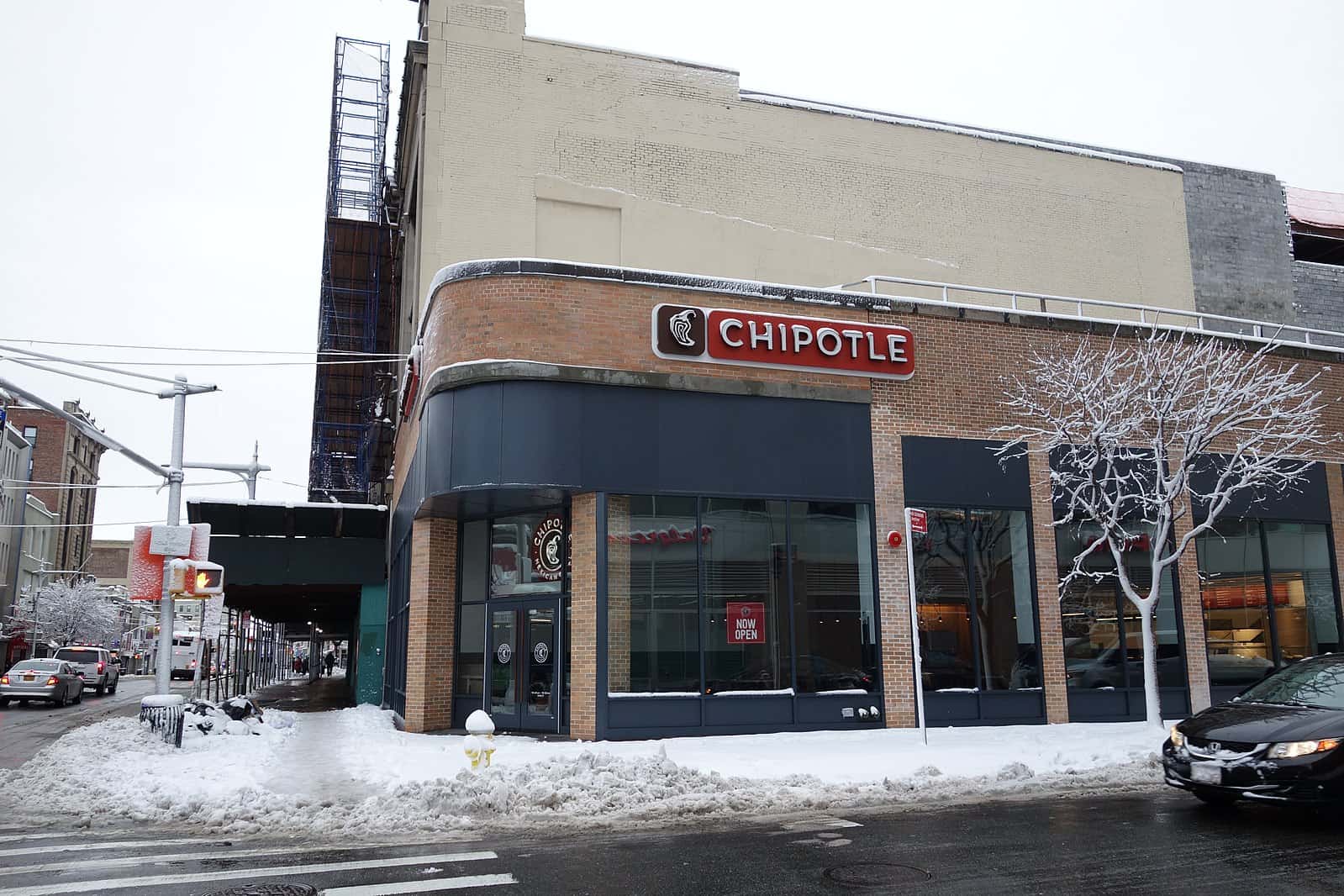Maxwell Ulin is a student at Harvard Law School.
Yesterday, President Biden reached a deal with moderate Senate Democrats to pass his $1.9 trillion COVID-19 relief bill through Congress. Under the deal, centrist Democrats withdrew their proposal to reduce expanded unemployment benefits from the currently suggested $400 per week, while the Biden Administration agreed to a lower threshold for phasing out access to stimulus checks. The new agreement calls for reducing stimulus checks for individual taxpayers making $75,000 per year and $150,000 for joint filers, and phasing out payments entirely for individuals and joint filers making $80,000 and $160,000, respectively. A key element missing from the proposal is progressives’ long-sought minimum wage increase, which the Senate parliamentarian ruled in violation of the Byrd Rule last week. Nonetheless, Democrats appear committed to forcing through a minimum wage hike one way or another, with Biden reportedly even reaching out to Republicans in search of compromise. Sen. Bernie Sanders (I-VT), meanwhile, has announced his intention to force a vote on the minimum wage measure on the Senate floor later this week.
Tucked into the relief package, however, are other, smaller victories for workers and labor advocates. For one, the current bill includes a version of the Butch Lewis Emergency Pension Plan and Relief Act, which will allow many troubled multi-employer pension plans to seek special financial assistance without repayment obligations. Additionally, thanks to a last-minute push by unions this week, Democrats inserted language to provide full subsidization of employer healthcare plans under COBRA for laid off workers through September. With millions of Americans still on temporary layoff, this latter measure, already approved to by the parliamentarian, could prove hugely consequential for healthcare access in the near term.
White House officials also announced yesterday that Seth Harris, a former top Department of Labor official from the Obama administration, would serve as Biden’s top labor advisor in the West Wing. Harris, who at one time served as acting Secretary of Labor, has come under fire from progressives and labor groups for his role in developing the idea of a mixed “independent worker” category, which was used as the intellectual basis for California’s Proposition 22. He also drew criticism after leaving the Obama administration for joining a corporate firm that represents Walmart and other anti-union employers in labor disputes.
On Tuesday, the Labor Department’s Office of Inspector General (OIG) released a report recommending that the Occupational Safety & Health Administration (OSHA) promulgate binding workplace safety rules to protect workers from COVID-19. Among other things, the report found that OSHA’s refusal to issue an enforceable workplace safety standard for COVID-19 last year put workers at substantially greater risk of infection. The OIG’s findings are likely to help justify the release of a temporary standard as OSHA weighs issuing binding emergency rules this month in accordance with a recent executive order. The report also comes on the heels of a documents leak in Alaska showing that top OSHA officials there sought to stymie efforts to hold employers accountable for lack of COVID safety.
Pro-worker policymakers have been busy beyond Washington, as well. On Tuesday, California’s Future of Work Commission, appointed in 2019 by Gavin Newsom, released a comprehensive report painting a grim picture of inequality in the Golden State and calling for a number of broad labor rights reforms, including a universal job guarantee, stricter labor law enforcement, regional wage floors, greater employee benefits, and a rebalancing of power between employers and unions. In Nashville, meanwhile, the City Council is set to consider a local ordinance designed to incentivize construction contractors to provide employee health benefits and maintain clean workplace safety records by offering them higher bidding priority for contracts with Metro Nashville’s procurement board. And in Wyoming, lawmakers introduced legislation to raise the state minimum wage from just $5.15 per hour to $15.
This week also saw its fair share of major wage theft settlements. On Monday, Chipotle reached an agreement to pay $15 million in overtime backpay to some 4,838 apprentice workers across 47 states. The dispute stemmed from Chipotle’s repeated refusal to reclassify its apprentices as hourly employees in response to an Obama-era overtime rule, as the company argued (incorrectly) that a 2016 court injunction preventing DoL from enforcing rule meant that the new standard had never taken effect. Then on Tuesday, the owner of a Baltimore-based Mexican restaurant agreed to pay $500,000 to 62 current and former employees in response to a DoL complaint alleging that he had repeatedly pocketed money from employees’ tip pool.






Daily News & Commentary
Start your day with our roundup of the latest labor developments. See all
July 11
Regional director orders election without Board quorum; 9th Circuit pauses injunction on Executive Order; Driverless car legislation in Massachusetts
July 10
Wisconsin Supreme Court holds UW Health nurses are not covered by Wisconsin’s Labor Peace Act; a district judge denies the request to stay an injunction pending appeal; the NFLPA appeals an arbitration decision.
July 9
the Supreme Court allows Trump to proceed with mass firings; Secretary of Agriculture suggests Medicaid recipients replace deported migrant farmworkers; DHS ends TPS for Nicaragua and Honduras
July 8
In today’s news and commentary, Apple wins at the Fifth Circuit against the NLRB, Florida enacts a noncompete-friendly law, and complications with the No Tax on Tips in the Big Beautiful Bill. Apple won an appeal overturning a National Labor Relations Board (NLRB) decision that the company violated labor law by coercively questioning an employee […]
July 7
LA economy deals with fallout from ICE raids; a new appeal challenges the NCAA antitrust settlement; and the EPA places dissenting employees on leave.
July 6
Municipal workers in Philadelphia continue to strike; Zohran Mamdani collects union endorsements; UFCW grocery workers in California and Colorado reach tentative agreements.